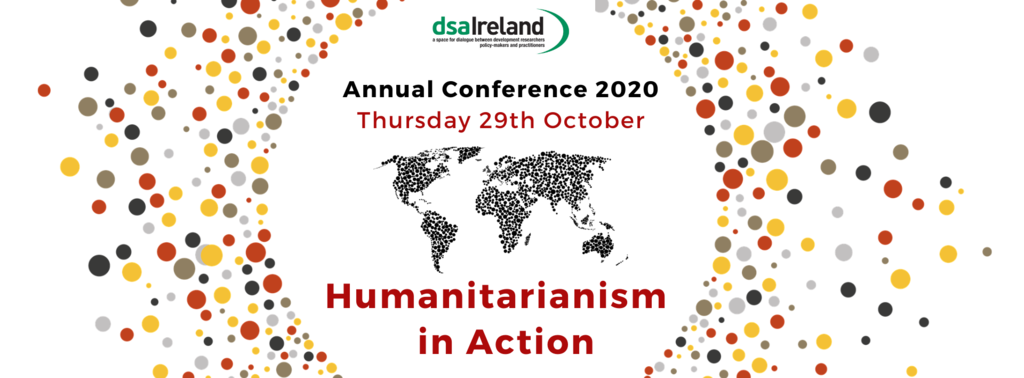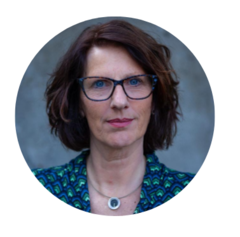Annual Conference 2020

Theme: Humanitarianism in Action
Around the world, humanitarian needs are growing, as is the gap between those needs and the resources available to address them. Moreover, humanitarian crises are becoming more protracted, less predictable, and characterised by cyclical and recurring shocks that cumulatively generate need and undermine resilience over time. In response, the humanitarian system is facing calls to transform: to give greater attention to prevention, preparedness and resilience-building; to better integrate humanitarian action, actors and outcomes with development and peace; and to commit to and institutionalise local ownership and leadership, including that of women and young people, in a more accountable humanitarian system.
These calls for change are taking place against a backdrop of growing global insecurity, including increasing, targeted attacks on humanitarian actors; mounting constraints on – and in some contexts, criminalisation of – humanitarian assistance; and diverse challenges to the humanitarian principles of humanity, neutrality, impartiality and independence.
Programme Overview:
When: Thursday 29th October 2020
Where: Online event (Registered participants will be sent links to join the sessions in advance)
| 10:00-10:45 | Welcome and Keynote |
| 11:00-12.30 | Study Group Parallel Sessions |
| 12.30- 14:00 | Lunch (includes AGM at 13:15) |
| 14:00-15.30 | Study Group Parallel Sessions |
| 15:30-16:15 | Keynote and Close |
Go to full programme detail >>
Keynote Speakers
 'Humanitarian studies and their subject'
'Humanitarian studies and their subject'
Professor Dorothea Hilhorst, Institute of Social Studies, Erasmus Rotterdam University
Dorothea Hilhorst is a professor of humanitarian studies at the International Institute for Social Studies (ISS) of Erasmus University in The Hague. Her focus is on aid-society relations: studying how aid is embedded in the context, impacts on governments and society, and is shaped by the manifold actions of actors in and around programmes for protection, service delivery and capacity development. She has a special interest in the intersections of humanitarianism with development, peacebuilding and gender-relations.
Her research programmes have taken place in settings affected by disaster, conflict and fragility, including Afghanistan, Angola, Burundi, the Democratic Republic of Congo, Ethiopia, the Philippines, Rwanda, South Sudan, and Sri Lanka. Currently, her main research programme concerns cases where ‘conflict meets disaster’, that studies disaster governance in high-conflict, low-conflict and post-conflict societies. She was awarded an ERC advanced grant and will start a research programme on humanitarian governance in 2021.
Email: hilhorst@iss.nl Twitter: @hilhorst_thea
 'Humanitarian security and the securitisation of humanitarianism: Notes from the no-go world'
'Humanitarian security and the securitisation of humanitarianism: Notes from the no-go world'
Professor Ruben Anderson, Department of International Development, University of Oxford
Ruben Andersson is an anthropologist and Associate Professor of Migration and Development at the Department of International Development, University of Oxford. His research has focused on migration, borders and security, with specific reference to the Sahel and southern Europe. He is the author of Illegality, Inc.: Clandestine migration and the business of bordering Europe (University of California Press 2014), winner of the BBC/British Sociological Association Ethnography Award 2015. His most recent book, No Go World: How fear is redrawing our maps and infecting our politics (University of California Press 2019), offers a comparative perspective on securitisation and the ‘mapping of danger’ in international crisis interventions, building on his fieldwork in Mali.
Twitter: @ODID_QEH.